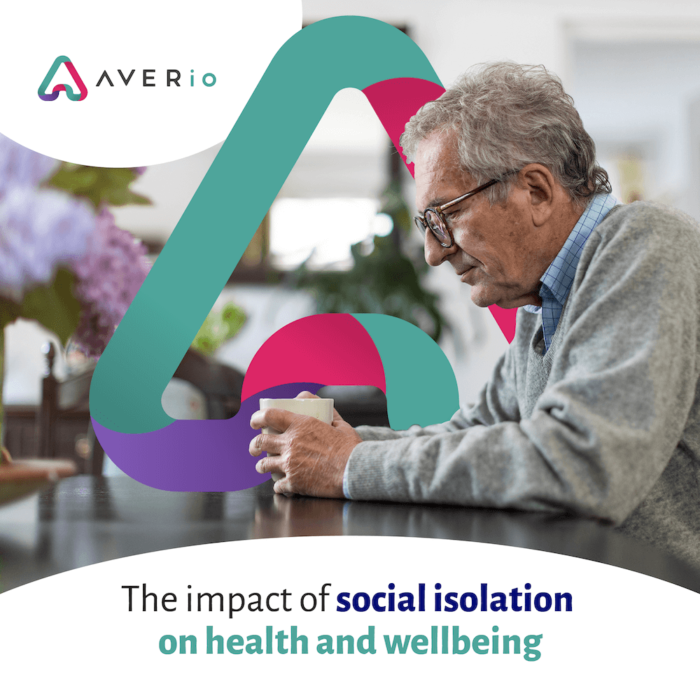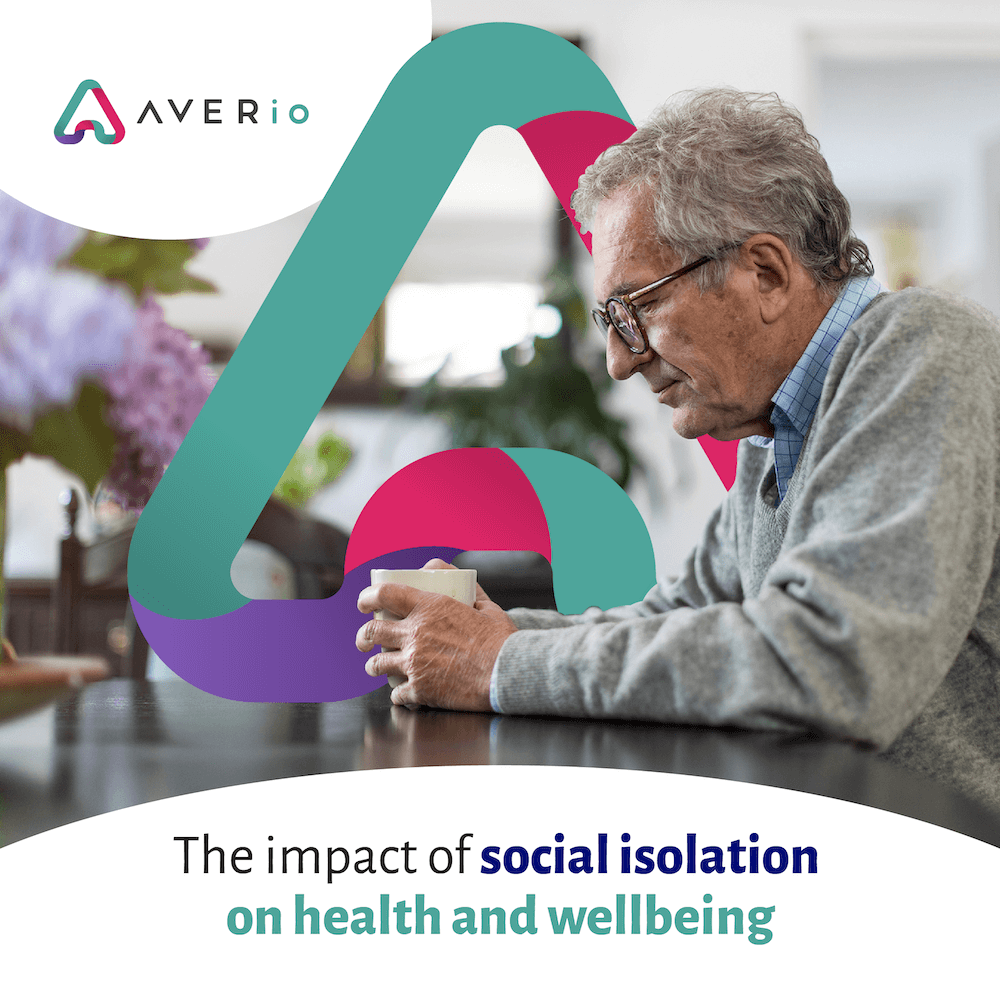
The COVID-19 pandemic has only served to emphasise the effects of social isolation on older people, a problem that has been increasing in the health and social care sector for some time. Lack of social interaction with one’s family, friends, or community is known as social isolation, and it can have a significant negative impact on one’s health and wellbeing, especially in older people.
Social isolation has a serious negative effect on one’s bodily well-being. Studies have demonstrated that social isolation can raise the chance of developing chronic conditions like diabetes, heart disease, and stroke. Additionally, it may result in higher obesity rates and lower levels of physical exercise. A person’s immune system may become weakened by social seclusion, increasing their susceptibility to infections.
It is equally alarming how social seclusion affects mental health. A recognised risk factor for depression, anxiety, and other mental health disorders is social isolation. Lack of social contact can cause feelings of isolation and loneliness, which are bad for mental health. Dementia and cognitive decline are also more likely in older people who are socially isolated.
Quality of living can also be significantly impacted. A diminished sense of meaning or purpose in life may be experienced by older people who are socially isolated. They might also have trouble getting to resources like social assistance, transportation, and healthcare.
The COVID-19 pandemic has brought social isolation’s effects on older people in particular to light. It has become more challenging for older people to maintain social connections with family and friends as a result of lockdowns and social isolation measures. This has significantly impacted mental health and raised feelings of loneliness and isolation.
There are several methods that can be employed to combat older people’s this. One strategy is to encourage social ties through neighbourhood-based initiatives like community centers, social clubs, and volunteer groups. Access to tools and services, as well as chances for social engagement, can be made available by these programmes.
Technology can also be used to combat older people’s social isolation. Telehealth services, for instance, can offer virtual doctor appointments, lowering the need for in-person visits and enhancing patient access to treatment. Platforms for video chat can also help maintain social ties between elderly people and their loved ones, especially when in-person meetings are not an option.
Finally, social workers and healthcare professionals can be vital in addressing older people’s social isolation. Patients can be assessed for social isolation by their carers, and if necessary, recommendations to community-based services or programmes can be made. Additionally, they can inform patients about the value of relationships and assist them in creating plans for preserving relationships and continuing to participate in their communities.
In conclusion, social isolation, especially among older people, is a major issue in the health and social care sector. Quality of life, as well as physical and emotional health, can be significantly impacted by social isolation. To combat social isolation among older people and enhance their general health and wellbeing, strategies like community-based programs, technology, and healthcare provider interventions can be used. Healthcare professionals and social workers should be aware of the effects social isolation has on their patients and take proactive measures to address this problem in a thorough and caring way.
Related Articles

AVERio announced as winner at prestigious StartUp Awards
We are thrilled to announce our recent win at this year’s StartUp Awards North West! AVERio has been named Rebel StartUp of the Year for 2023, thanks to our work in moving the care industry forward by introducing new technology

The Care Workers Charity 48 Hour Cycle Challenge
Donate NOW Epic 48-hour charity cycling challenge David Lynes, CEO & Founder of Unique IQ, will this week attempt the gruelling challenge with the aim of raising £10,000 for The Care Workers’ Charity. The Care Workers’ Charity has recently issued
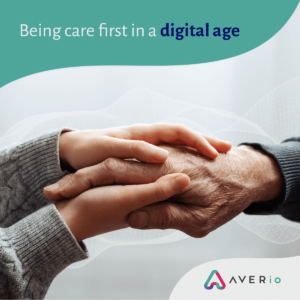
Being Care First in a Digital Age
What Does Being “Care First” Mean? Being “care first” is more crucial than ever in the digital world, especially when it comes to health and social care. Technology’s advancement has created a wide variety of advantages and opportunities, but it
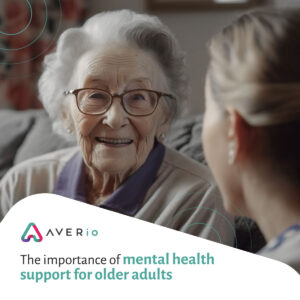
The Importance of Mental Health Support for Older Adults
Mental Health is a Crucial Aspect of General Health For older adults in particular, mental health is a crucial aspect of general health and wellbeing. Age-related mental health issues can vary from depression and anxiety to dementia and other cognitive
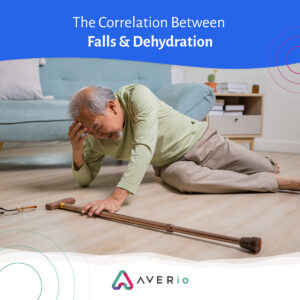
The Correlation Between Falls & Dehydration
How Hydration Monitoring Helps The most common injury and hospitalisation reason for older persons is falls. Ineffective hydration monitoring can lead to dehydration which is one factor that has been linked to falls in older people. Falls and dehydration have

AVERio & Vayyar Fall Detection Technology: Helping to Keep People Safe
Fall Detection in Real Time Vayyar creates 3D imaging devices for healthcare, including fall detection technology that uses radar sensors to send instant warnings to carers through platforms like AVERio. With a focus on Vayyar’s fall detection technology, we take

